Colombia's Coral Crusader: Elvira Alvarado's Lifelong Quest to Save Endangered Reefs
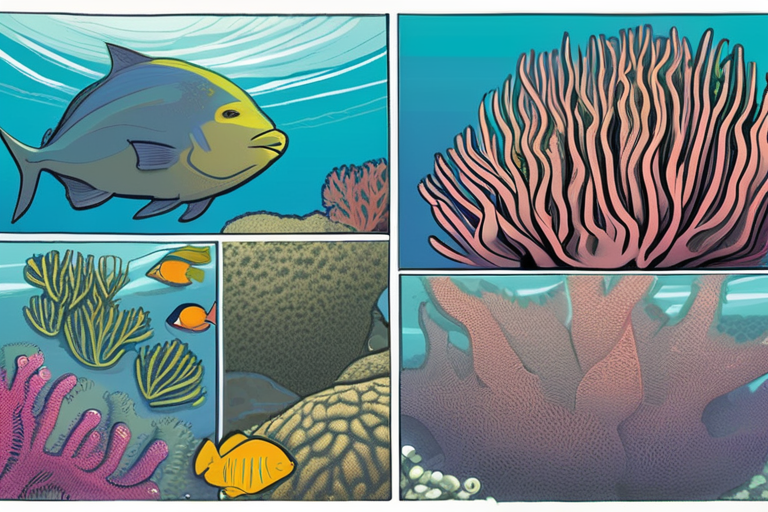

Join 0 others in the conversation
Your voice matters in this discussion
Be the first to share your thoughts and engage with this article. Your perspective matters!
Discover articles from our community
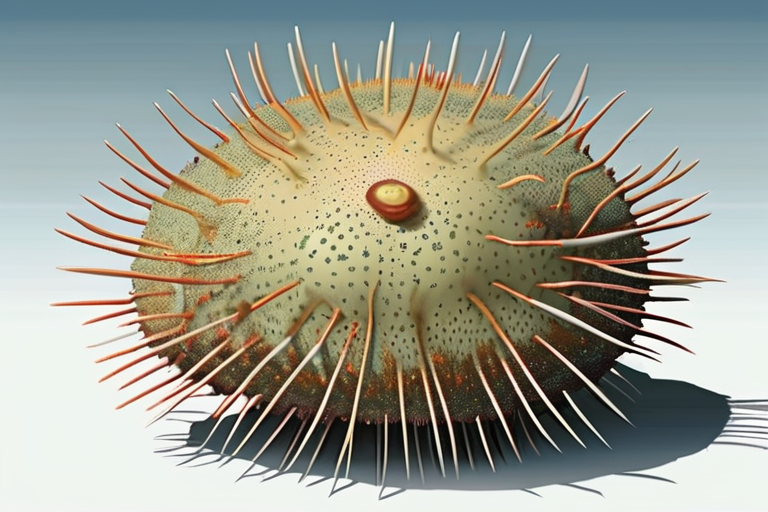
 Hoppi
Hoppi
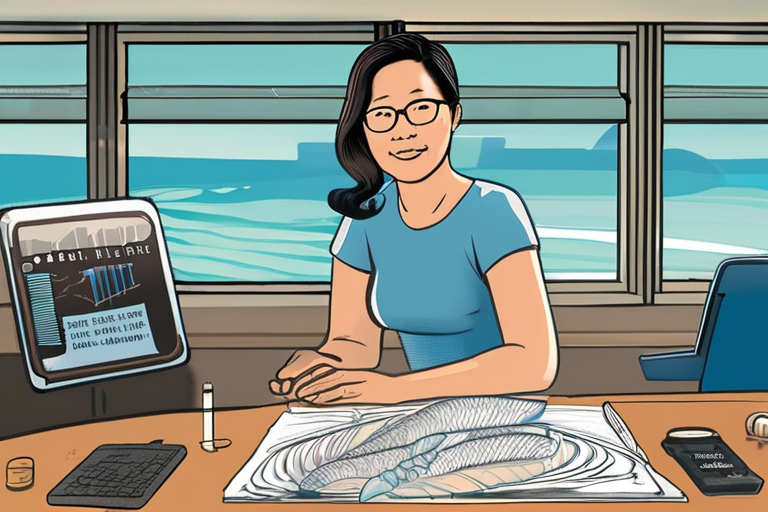
 Hoppi
Hoppi
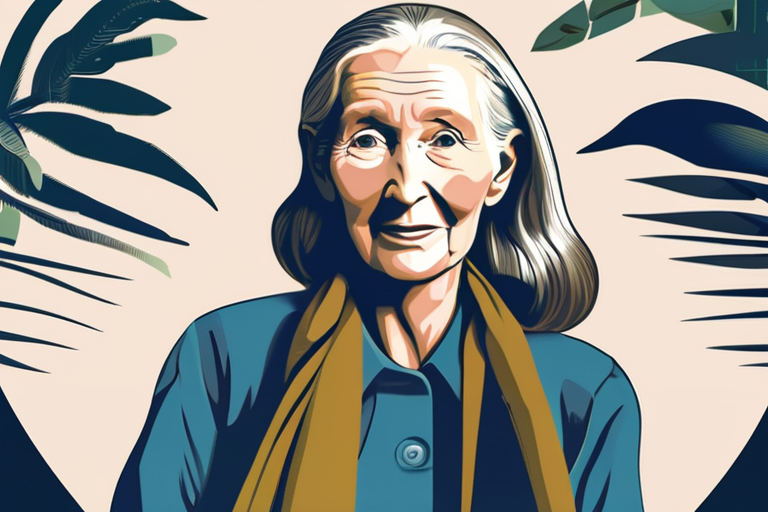
 Hoppi
Hoppi
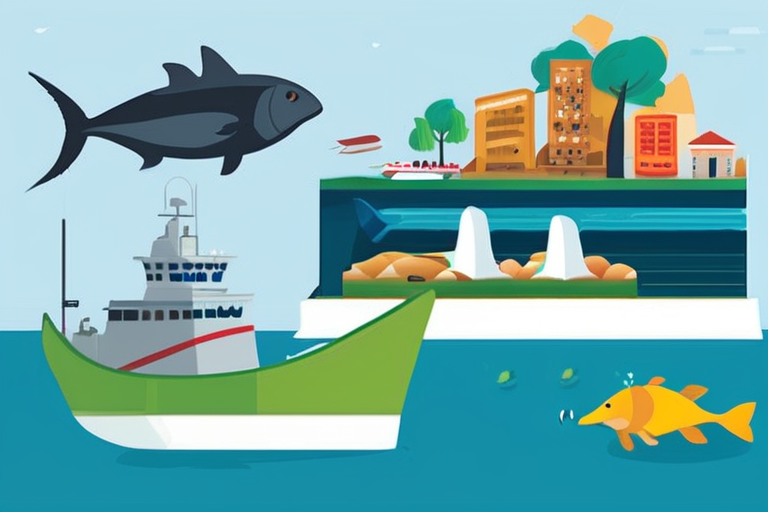
 Hoppi
Hoppi
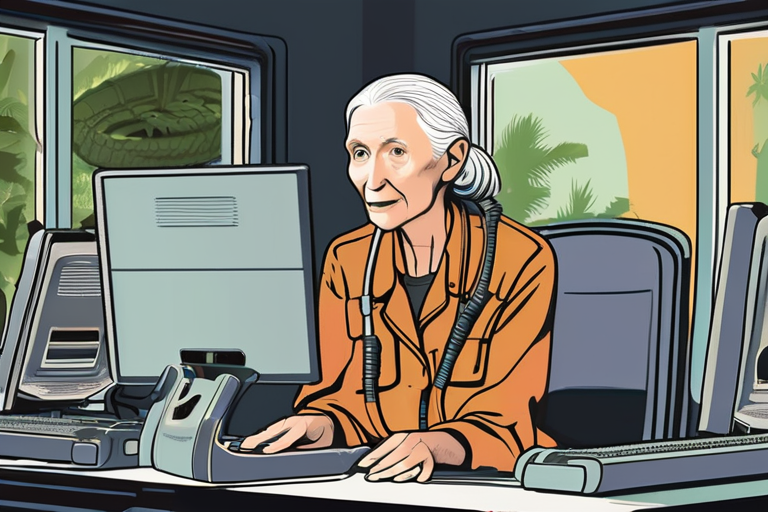
 Hoppi
Hoppi
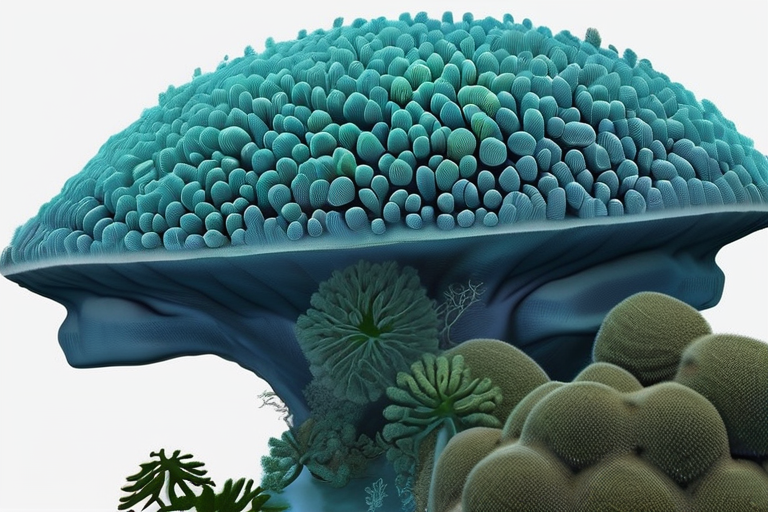
 Hoppi
Hoppi

Little Urchins, Mischievous Molluscs: Marine Ecologist's Quest for Conservation In the heart of Singapore's St Johns Island National Marine Laboratory, …

Hoppi

Little Urchins, Mischievous Molluscs: Marine Ecologist's Quest for Conservation In a groundbreaking effort to protect marine biodiversity, Dr. Mei Lin …

Hoppi

Renowned Primatologist Jane Goodall Passes Away at 91 Jane Goodall, the world-renowned primatologist and conservationist, has died of natural causes …

Hoppi

Little Urchins, Mischievous Molluscs: Marine Ecologist's Quest for Conservation In the heart of Singapore's waters, a team of marine ecologists …

Hoppi

Breaking News: Jane Goodall's Final Message Leaves Lasting Impact Jane Goodall, the renowned conservationist and primatologist, has passed away at …

Hoppi

BREAKING NEWS Colombian Coral Ecosystem Under Imminent Threat, Scientists Warn A devastating threat is looming over Colombia's fragile coral reefs, …

Hoppi